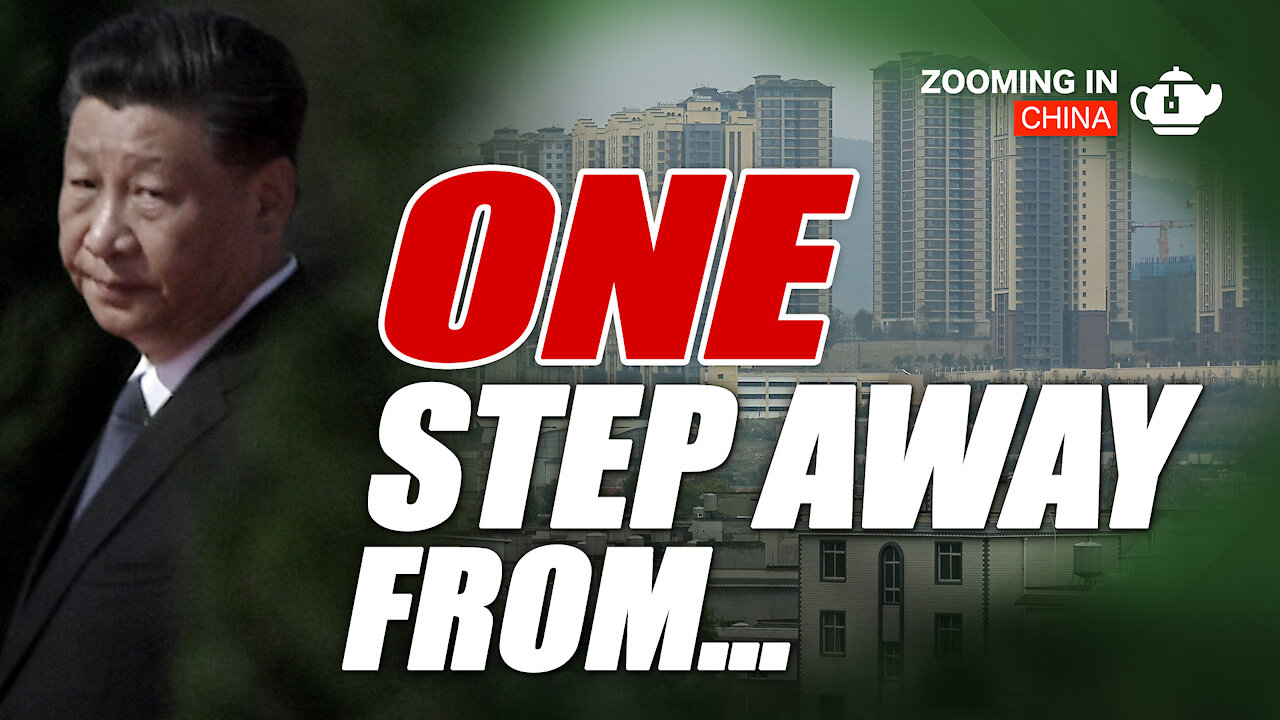Premium Only Content

China’s “Subprime Mortgage Crisis” Avoided? Downscaling Real Estate Tax Might Have Saved China
There is always a great deal to talk about in China, but perhaps the biggest topic right now is the real estate tax that Xi Jinping wants to implement and the resistance to it. The topic is not new. Neither is the resistance. Since 2003, well before Xi Jinping’s rule, the Chinese government has been considering this tax. In 2011, they implemented pilot programs in Shanghai and Chongqing, but those programs taxed only higher-end apartments and second homes, at rates between 0.4% and 1.2%.
Now, a decade later, the State Council, the top decision-making body of the Chinese government, has announced it will roll out a pilot of a broader real estate tax in some regions. They declined to name the regions or to provide more public details about the properties that would be taxed or the amount of the tax, but many experts expect real estate hot spots Zhejiang, Shenzhen and Hainan to be targeted. The pilot program is expected to last for five years before the government determines whether or not to roll the program out to the entire country.
This smaller-scale rollout is a far cry from the original desire of Xi Jinping and the Communist Party government to create a tax that some experts say would lead to one of the most profound changes to the country’s real estate policies in a generation. So, why would Xi trim down a country-defining change when he has the power to implement and enforce it? Might the timing of this change show a compromise meant to appease Communist leadership ahead of the Sixth Plenary Session in which Xi will likely be granted a level footing with Mao Zedong and Deng Xiaoping, the party’s widely recognized supreme leaders?
-
 9:58
9:58
Diamondarm
3 years ago $0.01 earnedChina Real Estate ETF | Critical Lows being Tested! | ($CHIR)
1121 -
 1:54
1:54
KJRH
3 years agoTulsa's Real Estate Market
21 -
 1:14
1:14
PrimaryAppraisals
3 years agoReal Estate Appraiser & The Real Estate Industry
56 -
 2:32
2:32
HummingbirdDrones
4 years agoReal Estate POI
116 -
 1:14:49
1:14:49
Mike Rowe
15 hours agoDavid Mamet Pulls No Punches When It Comes To Hollywood & Politics | #440 | The Way I Heard It
13.6K11 -
 LIVE
LIVE
blackfox87
56 minutes agoWild Roots Time!| #SponsoredStream | #DisabledVeteran
432 watching -
 LIVE
LIVE
Major League Fishing
3 days agoLIVE Tackle Warehouse Invitationals, Stop 5, Day 2
274 watching -
 LIVE
LIVE
SquallRush
8 hours agoExperimenting with Non Meta Decks in Ranked
790 watching -
 2:01:12
2:01:12
Game On!
14 hours ago $2.84 earnedOur MLB Expert Predicts Braves to WIN the World Series!
22.1K -
 LIVE
LIVE
xBuRnTx
1 hour ago🎮 Early Bird Gets the Dub! | Fortnite Solos
45 watching